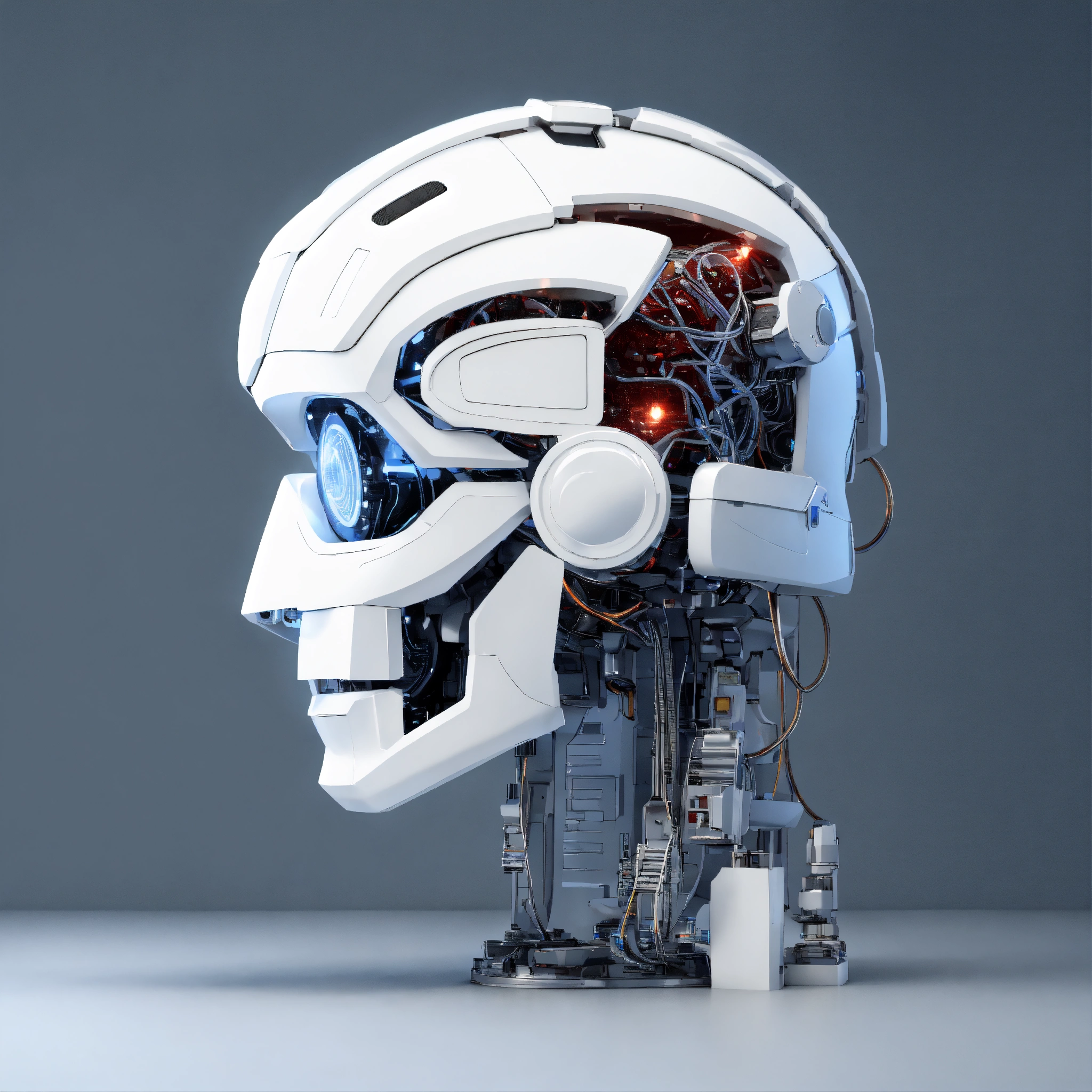In the fast-evolving world of software development, Artificial Intelligence (AI) is playing a pivotal role in shaping the future. From automating repetitive tasks to creating smarter applications, AI is revolutionizing how software is designed, developed, and deployed. As technology advances, AI is not just an enhancement but a key driving force behind the next generation of software solutions.
Let’s dive into how AI is transforming the software development industry and what we can expect in the years to come.
1. AI-Assisted Coding: Revolutionizing the Development Process
AI has introduced new tools that assist developers in writing code more efficiently. Tools like GitHub Copilot, powered by OpenAI, offer real-time code suggestions, helping developers write code faster and with fewer errors. These AI-powered assistants understand the context of the code you’re writing and can offer smart, relevant suggestions, improving productivity. AI-assisted coding is making the development process faster, enabling developers to focus more on complex problem-solving rather than repetitive tasks.
2. Automated Testing and Bug Fixing
One of the most time-consuming aspects of software development is the testing phase. AI is simplifying this process by automating much of the testing and bug detection. AI-powered testing tools can quickly analyze code for errors, security vulnerabilities, and performance issues. They can also automatically run tests across different environments and devices, ensuring that the software functions properly on all platforms. By reducing the time spent on manual testing, AI helps developers release software more quickly and with fewer bugs.
3. Enhanced Code Quality with AI-Based Tools
AI-driven code analysis tools are becoming essential in improving the overall quality of code. Tools like SonarQube and CodeClimate use AI to analyze code quality, offering suggestions to improve readability, security, and performance. These tools help catch issues early in the development process, ensuring that the final product is both functional and efficient. AI-based static code analysis can detect code smells, dead code, and other issues that might not be visible to the human eye, leading to cleaner and more maintainable code.
4. AI-Powered Code Generation
AI is not just assisting developers with coding, it is also creating code. Tools like OpenAI’s Codex are capable of generating entire codebases from simple user inputs. For example, you can describe a feature you want in natural language, and AI will write the code for you. This AI-powered code generation drastically reduces the time it takes to develop software, allowing developers to focus on high-level design and business logic. This opens up new possibilities for rapid prototyping and development, especially for startups and small businesses.
5. Predictive Analytics for Software Projects
AI is improving the way software development projects are managed. By using predictive analytics, AI can forecast potential issues, such as delays, resource shortages, or scope changes. AI analyzes historical project data to identify patterns and predict the outcome of current projects. This helps project managers make better decisions, allocate resources more effectively, and mitigate risks before they become problems. By predicting potential roadblocks, AI enables teams to stay on track and deliver projects on time.
6. Smarter DevOps with AI
In the realm of DevOps, AI is enhancing both the development and operational sides of the process. AI tools are used to automate deployment, monitor server health, and optimize performance. AI can automatically scale applications based on user demand, detect performance bottlenecks, and even fix issues in real time. By integrating AI into DevOps pipelines, teams can ensure continuous integration and continuous delivery (CI/CD) of high-quality software.
7. AI in Software Security: Detecting Threats in Real Time
AI is also making software more secure by automating the process of threat detection and vulnerability management. Traditional security measures often rely on human intervention to identify and mitigate threats, but AI can scan codebases for vulnerabilities at a much faster rate. AI-based security tools can predict potential threats, detect patterns of suspicious activity, and respond to security incidents in real time. This reduces the risk of attacks and helps organizations safeguard sensitive data.
8. Natural Language Processing (NLP) in Software Development
Natural Language Processing (NLP), a branch of AI, is making software development more intuitive and accessible. By incorporating NLP into development tools, developers can interact with code and software applications using natural language commands. For example, instead of manually searching through code, developers can simply ask an AI assistant to find a specific function or explain a piece of code. This enhances productivity and allows non-technical stakeholders to interact with software in a more user-friendly way.
9. AI for Software Personalization
In an age of personalized experiences, AI is helping developers create more customized software for end users. AI algorithms can analyze user behavior, preferences, and interactions to deliver tailored content and recommendations. Whether it’s a personalized shopping experience or content recommendations based on past behavior, AI enables developers to create dynamic, user-centric software that adapts to each individual’s needs.
10. AI for Maintenance and Upgrades
Software maintenance and updates are often tedious tasks, but AI can make this process more efficient. AI can automatically identify areas of the software that need updating or optimization based on real-time data and user feedback. Furthermore, AI can help predict when updates are necessary, ensuring that the software is always running at peak performance. By automating these tasks, AI helps reduce downtime and improve the overall user experience.
Conclusion: The Future of AI in Software Development
The integration of AI into software development is a game-changer. From automating repetitive tasks and enhancing code quality to predicting project outcomes and improving software security, AI is making software development faster, smarter, and more efficient. As AI continues to advance, its role in software development will only grow, unlocking new possibilities for developers and businesses alike.
In the coming years, we can expect even more powerful AI tools that will automate almost every aspect of software development, enabling developers to focus on creativity, problem-solving, and innovation. The future of software development is AI-driven, and it promises a more efficient, secure, and user-friendly experience for developers and end-users alike.










